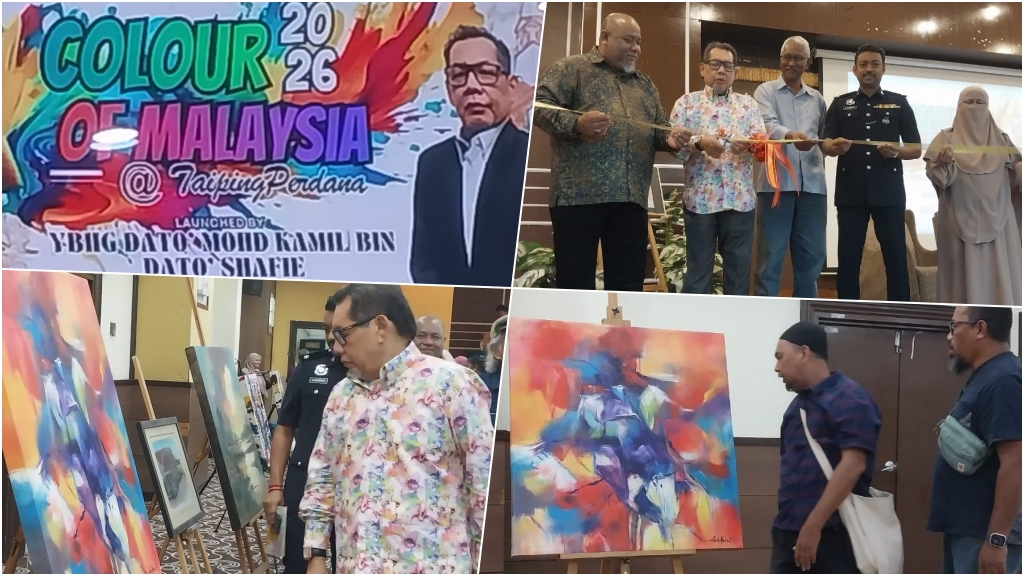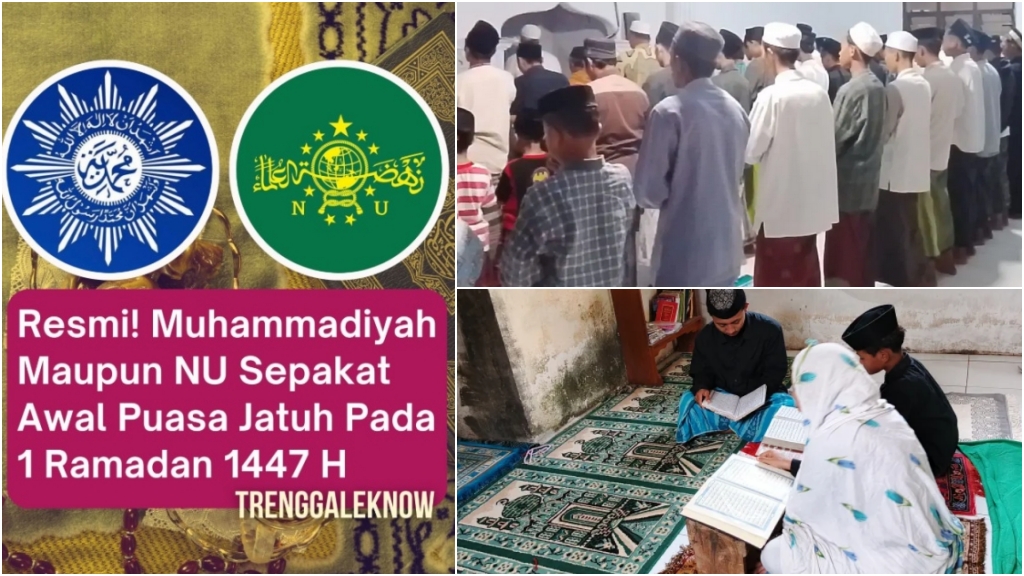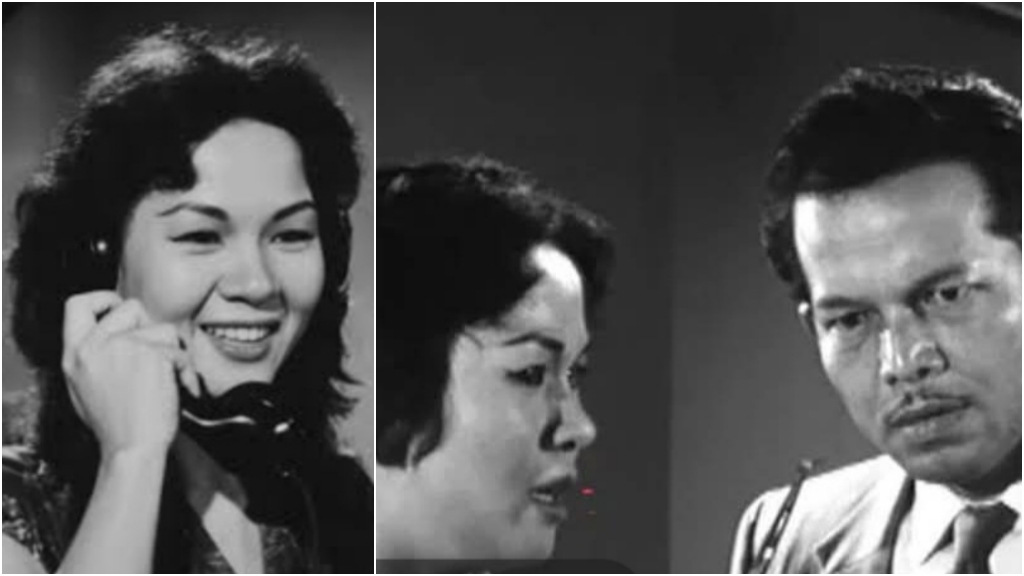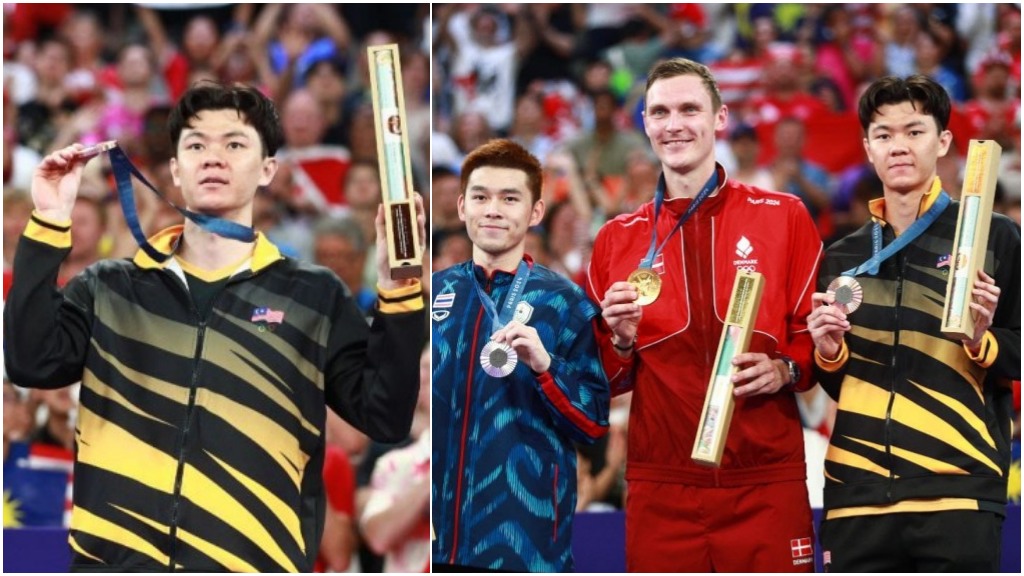
By DR LIM HOOI SHAN
Taylor's University
Our recent Olympic bronze medalist and national shuttler - Lee Zii Jia has been receiving lots of negative criticism and bashing in the past.
In his latest interview after winning the bronze medal, he shared that “A lot has happened in the past three years. There were times when I wanted to give up, but I didn't cry, not even once.
"I came this far... every morning when I wake up, I see so much news about myself. I kept wondering what I did wrong.
"Whatever the media wrote about me, I kept my silence because I knew I would prove it to them. I wasn't even sure if I could qualify for the Olympics, and my rankings dropped.”
Such bashing culture has become a norm in Malaysia.
It is truly quite sad to see harsh criticisms in the media based on speculations, unjust or half-cooked statements and information, or tweaked headlines without full context to what Zii Jia and other athletes are experiencing or feeling, regardless if they win a medal or not.
These practices have influenced the perception of certain netizens and brought another level of bashing and criticism.
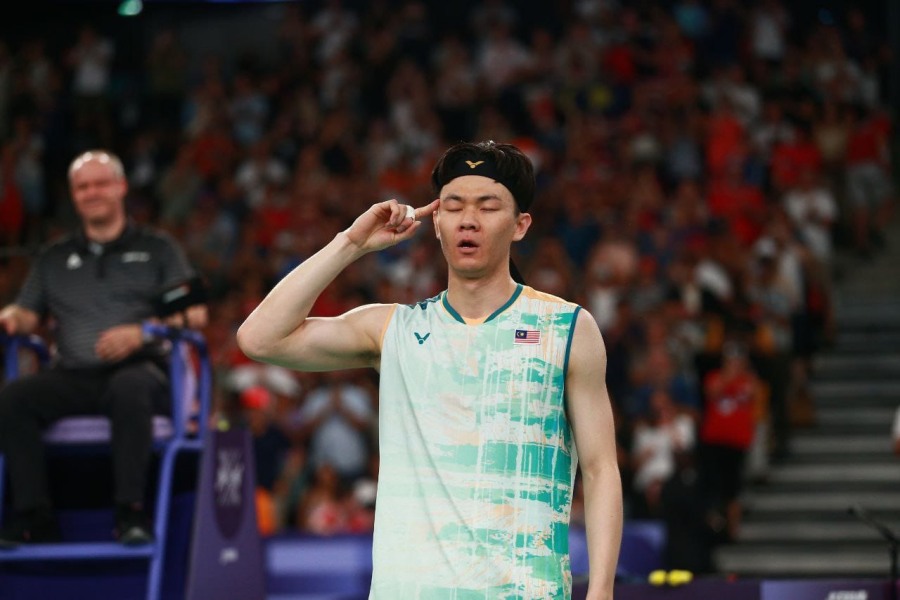
This bashing culture has its negative influence on the individuals who received such treatment.
While we understand that constructive criticisms and professional feedback are needed for improvement, however, a lot of times these athletes receive non-constructive criticism or personal attacks, which are uncalled for.
These might lead to the development of insecurity, imposter syndrome, anxiety, self-criticism, and depression.
In most situations, our athletes are already blaming themselves for their mistakes, with several even publicly apologising for not winning medals.
Individuals who receive such treatments will end up overthinking, with those hurtful and fallacious statements re-broadcasting in their mind.
It can be quite traumatising to even turn on their social media or read news relating to them.
They might feel they are not qualified, not as good as they used to be, or even just imposters. Such pressure makes it even harder to maintain their mental perseverance to win a game.
One may start to wonder what makes people want to bash another individual. These can be based on several possible reasons.
Some people may have unfinished business or issues they avoid facing; instead they project it onto others and attack an easy target.
Some ‘feel great’ and ‘important’ when they get to criticise others. Some people’s sense of inferiority might make them feel more secure by belittling another person.
For some individuals, they may have had a childhood where they were constantly insulted, leading them to insult or criticise others since they are so familiar with the scenario.
Some may pin their hopes and wishes for an Olympic gold medal, they blame our athletes harshly when they cannot achieve it. The anonymity on the internet gives them greater power to do so even more.
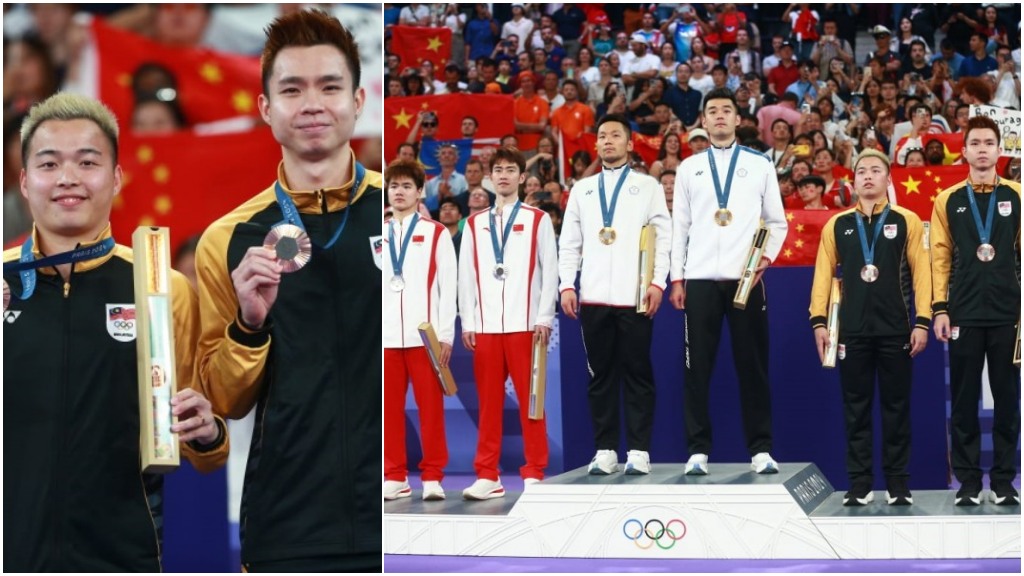
It is important for our fellow athletes to know that these bashings sometimes have nothing to do with them at all, as explained by the reasons above.
It will be helpful for Malaysian athletes to consider seeing mental health practitioners such as counsellors or clinical psychologists to process the bashing or criticism they receive as well as to build better psychological resilience.
If individual therapy is intimidating, perhaps having a group support session with all involved athletes, will be a good move to allow them to share their views and voice out their emotions.
Ex-athletes can also be invited to share tips on how they manage similar situations to build their mental strength and resilience.
Despite the challenges our athletes face, these experiences can serve as a catalyst for building greater resilience and determination.
Whether they win medals or not, they remain heroes in our eyes, embodying the spirit of perseverance and sportsmanship. By overcoming these obstacles, our athletes not only strengthen their grit but also inspire others to stay true to their goals.
In the end, their journey is not just about the medals they attain, but the courage and resilience they show in the face of adversity and setback.

Fortunately, we also do witness the compassionate culture in Malaysia, with warm and understanding statements shared by caring Malaysians.
They fully understand how disappointed our athletes are, especially when they are so close to winning.
In Zii Jia’s case, seeing him becoming so affected and sad is truly difficult and disheartening. This incident serves as a good reminder to be mindful of our words, as indicated by Zii Jia’s winning pose.
There is no need for hurtful and unconstructive words. Let’s be kind and compassionate to our athletes.
Dr Lim Hooi Shan is the Programme Director for Master of Clinical Psychology at Taylor's University. This article is the author's personal opinion.








